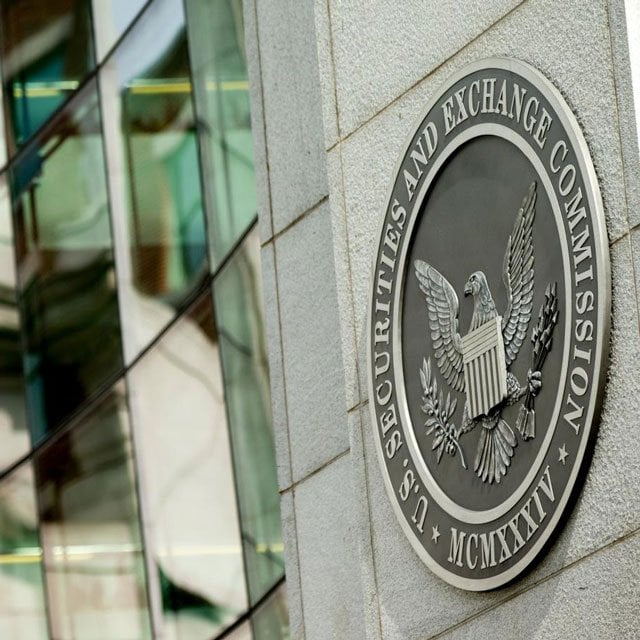SEC Retreats From 'Swing Pricing' Mandate for Mutual Funds After Stiff Opposition

The SEC’s pullback from the swing-pricing mandate appears to be a win for the industry, including asset managers T. Rowe Price Group Inc. and BlackRock Inc., both of which opposed the November 2022 plan. One sign that it was coming was the SEC’s decision last year to back off a swing-pricing proposal for money-market funds.
However, it’s unclear whether a swing-pricing rule for mutual funds will resurface. The agency indicated in July that it was a possibility.
Swing Pricing
Swing pricing is essentially a cost imposed on investors redeeming shares. It adjusts — or swings — the share price above or below a fund’s net asset value per share, in the event that flows in or out of a fund are deemed to be too large.
At the time of the proposal, Gensler described the swing-pricing mechanism as a way of staving off liquidity shortfalls in mutual funds during market tumult. The measure also would have required funds to maintain at least 10% of a fund’s assets in highly liquid investments to manage market stress.
The more frequent disclosures approved Wednesday will also apply to registered closed-end funds and some exchange-traded funds registered as investment trusts. They will go into effect Nov. 17, 2025. Funds with less than $1 billion in net assets will have until May 18, 2026, to comply with the amendments.




